Check the implementation of the project "Establishing field measurement methods for modeling, calculating and forecasting greenhouse gas emissions in rice cultivation in Vietnam in the period 2024 - 2027".
Ms. Nguyen Thi Ngan's family in Duyen Phu village is currently growing 2.1 hectares of TBR225 rice variety, including 1.5 hectares of rice fields borrowed from local people. In 2020, when Ms. Ngan's family switched to applying rice cultivation to reduce greenhouse gas emissions, production efficiency has increased significantly. Ms. Ngan shared: The effectiveness was most clearly demonstrated in the 2024 crop, although affected by storm No. 3, my family did not suffer any damage because the rice plants were hard, strong, large, long, high grain rate, and yielded 2.2 - 2.3 quintals/sao. Along with that, production using the alternating dry and wet method has helped reduce production costs because the spraying of pesticides is reduced by 1 - 2 times, water regulation is reduced by 4 times/crop compared to the traditional rice production method, and rice quality is also significantly improved.
In the spring crop of 2025, Phu Luong commune will cultivate nearly 300 hectares of rice, of which 35 - 40% of the rice cultivation area reduces greenhouse gas emissions. Mr. Nguyen Trong Thanh, Director of the commune's Agricultural Service Cooperative, said: As an inland commune with a monoculture of rice, in recent years, with many mechanisms and policies of the province and district and the diligence of farmers, the mindset in agricultural production of the people of Phu Luong commune has changed. In 2016, the Cooperative began to implement rice cultivation to reduce greenhouse gas emissions on an area of nearly 70 hectares with the participation of more than 600 households and a number of strict requirements on varieties, water regulation, sparse planting, etc.; however, the measurement of greenhouse gas emission reduction has only been carried out manually by experts from the Vietnam Institute of Agricultural Environment and domestic and foreign organizations.
By the end of 2024, the Cooperative will continue to coordinate with the Vietnam Institute of Agricultural Environment and the International Wetland Center - University of Copenhagen (Denmark) to implement the project "Establishing field measurement methods for modeling, calculating and forecasting greenhouse gas emissions in rice cultivation in Vietnam in the period 2024 - 2027" at Ms. Nguyen Thi Thao's family, Duyen Tuc village on an area of 2,000m2 . The project aims to measure and analyze the exchange of greenhouse gases including CO2, CH4, N2O between the land surface and the atmosphere, thereby assessing the impact of farming practices on the environment over the course of two years. The experiment was conducted on both rice crops (spring and summer crops) and winter crops (barren land); on that basis, the total greenhouse gas emissions per crop, 1 year and different stages of the farming process were estimated. Ms. Thao confided: From the effectiveness of previous crops, my family was very confident when deciding to participate in the project. My family hopes that the project will continue to be successful, the results of the experiment will help build a specific guide to help farmers optimize productivity, crop quality, irrigation water and fertilizer, maintain and improve organic matter in the soil and minimize greenhouse gas emissions. At the same time, the model can also be expanded, ensuring both environmental goals and increasing income for rice farmers.
Compared to before, the project "Establishing field measurement methods to model, calculate and forecast greenhouse gas emissions in rice cultivation in Vietnam in the period of 2024 - 2027" is carried out entirely by an automatic machine system including: a container containing gas analysis equipment, 6 automatic gas measurement chambers placed in rice fields near the container and the meteorological station. All data from the measurements will be recorded and stored on a data recorder, ensuring accurate and continuous monitoring and analysis. Mr. Nguyen Trong Thanh, Director of the Commune Agricultural Service Cooperative, added: Reducing greenhouse gas emissions associated with green growth is the right policy of the Government to create new momentum for the Vietnamese rice industry to develop sustainably and in an environmentally friendly manner. This is also a great opportunity for the agricultural sector to restructure the rice production industry in the period of international integration, when producing green, clean agricultural products and reducing greenhouse gas emissions is an inevitable trend. In the coming time, the Cooperative will continue to widely propagate so that farmers in the commune can proactively change their awareness and farming and production habits towards sustainability.
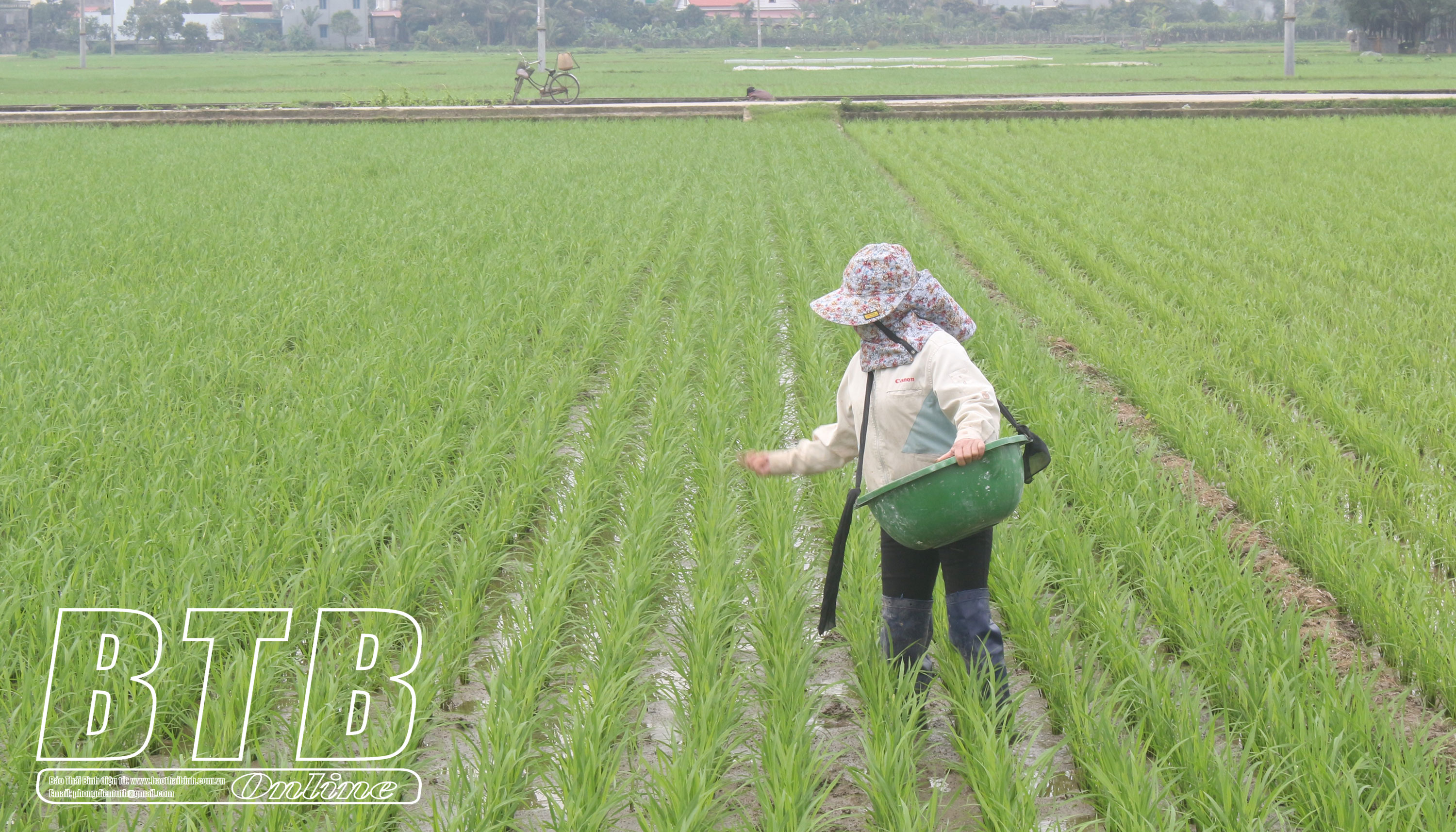
Rice farming reduces greenhouse gas emissions and helps reduce production costs.
Minh Huong
Source: https://baothaibinh.com.vn/tin-tuc/4/221041/hieu-qua-canh-tac-lua-giam-phat-thai-khi-nha-kinh-o-phu-luong


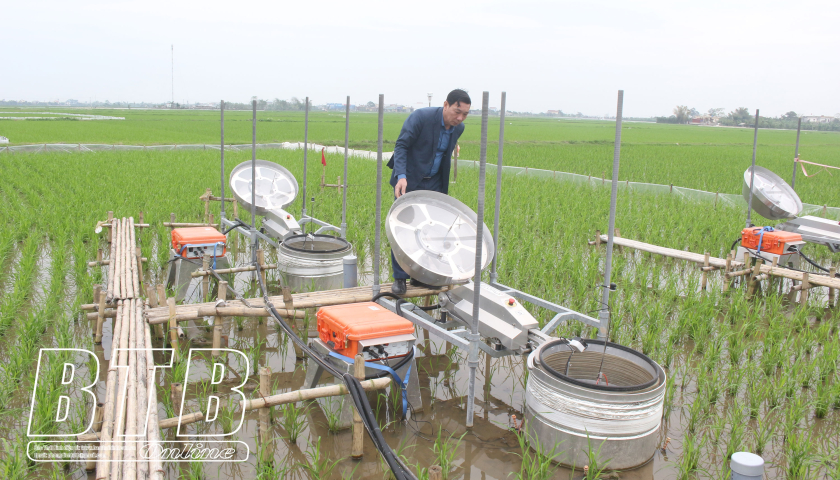
![[Photo] A brief moment of rest for the rescue force of the Vietnam People's Army](https://vstatic.vietnam.vn/vietnam/resource/IMAGE/2025/4/3/a2c91fa05dc04293a4b64cfd27ed4dbe)
![[Photo] Prime Minister Pham Minh Chinh chairs meeting after US announces reciprocal tariffs](https://vstatic.vietnam.vn/vietnam/resource/IMAGE/2025/4/3/ee90a2786c0a45d7868de039cef4a712)
![[Photo] General Secretary To Lam receives Japanese Ambassador to Vietnam Ito Naoki](https://vstatic.vietnam.vn/vietnam/resource/IMAGE/2025/4/3/3a5d233bc09d4928ac9bfed97674be98)

![[Photo] Ho Chi Minh City speeds up sidewalk repair work before April 30 holiday](https://vstatic.vietnam.vn/vietnam/resource/IMAGE/2025/4/3/17f78833a36f4ba5a9bae215703da710)
![[Photo] Prime Minister Pham Minh Chinh chairs the first meeting of the Steering Committee on Regional and International Financial Centers](https://vstatic.vietnam.vn/vietnam/resource/IMAGE/2025/4/3/47dc687989d4479d95a1dce4466edd32)
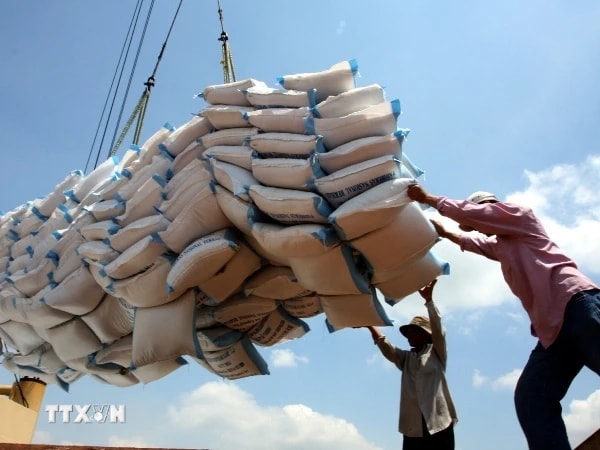
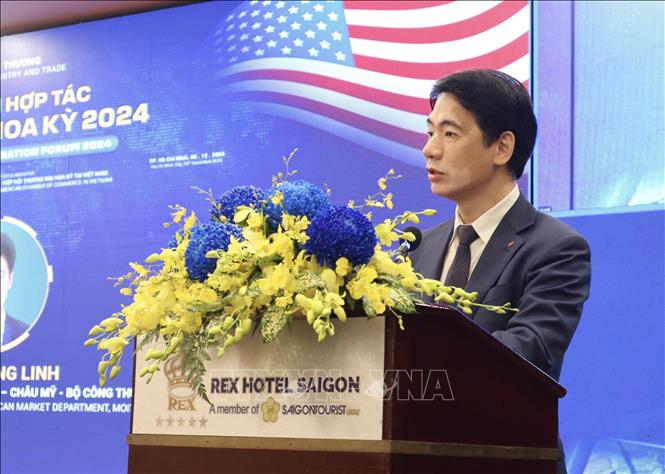
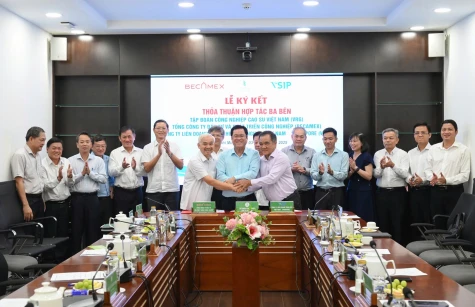
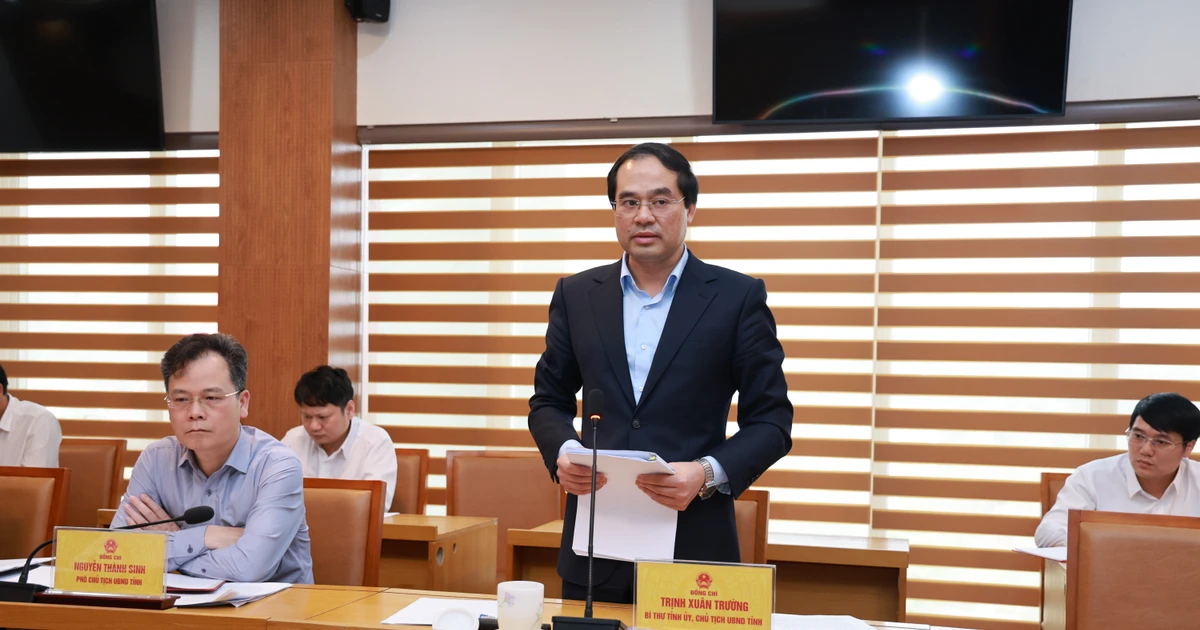
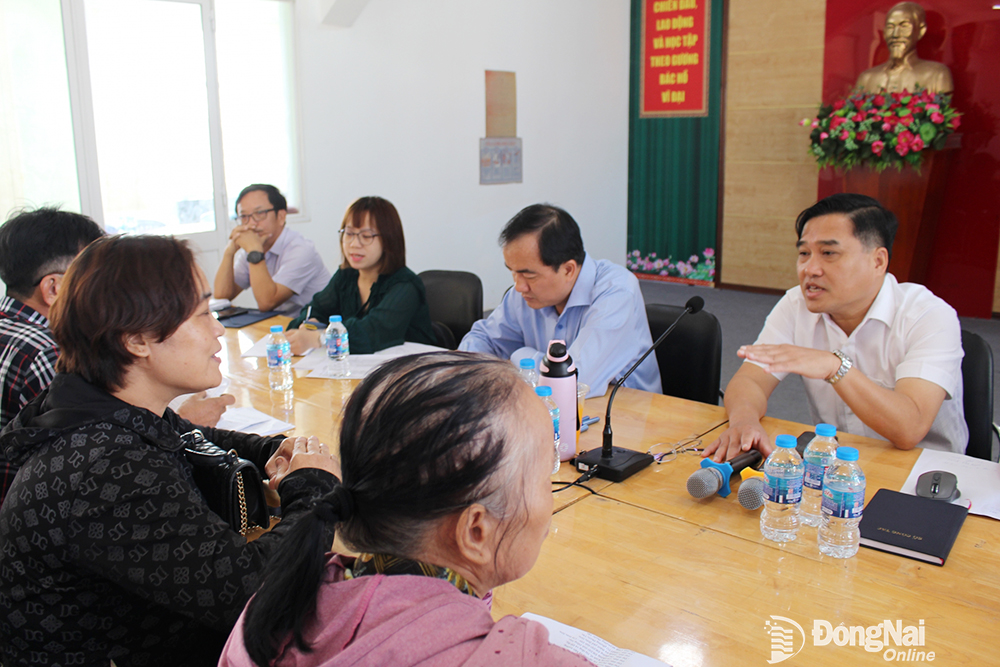
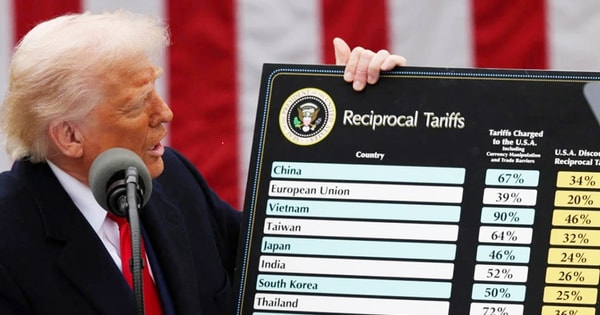




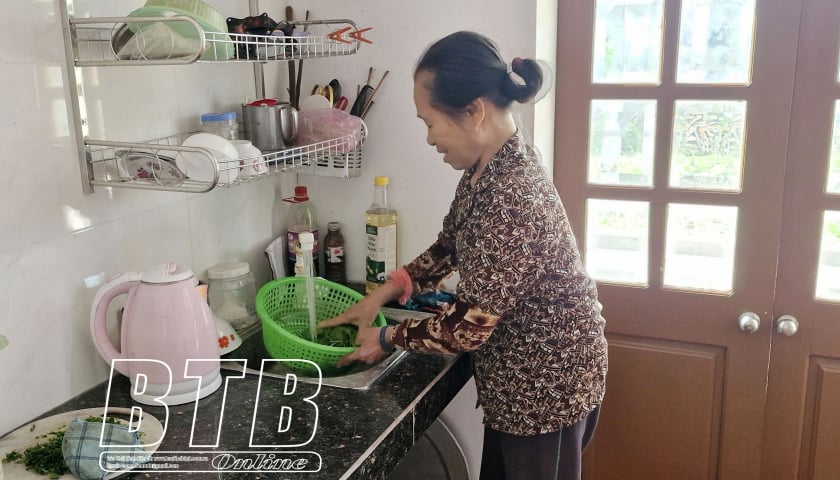
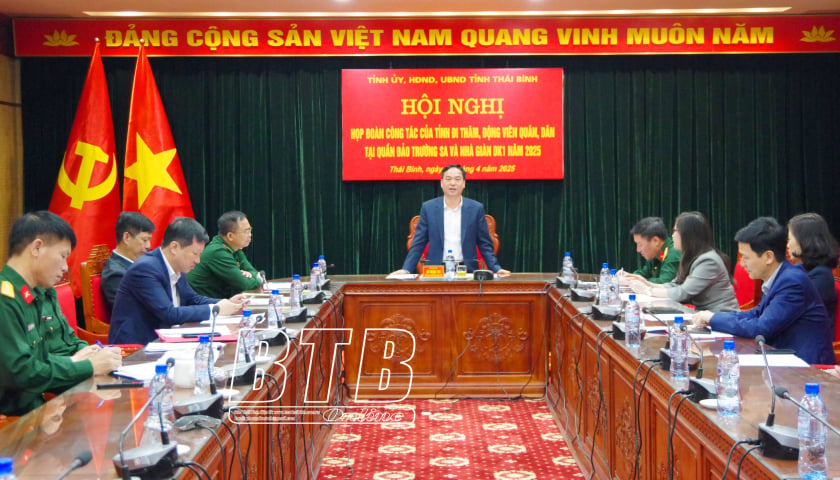
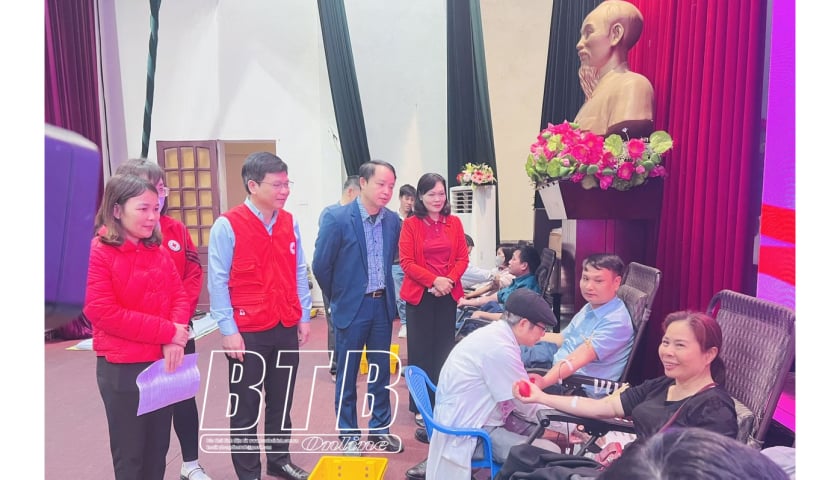
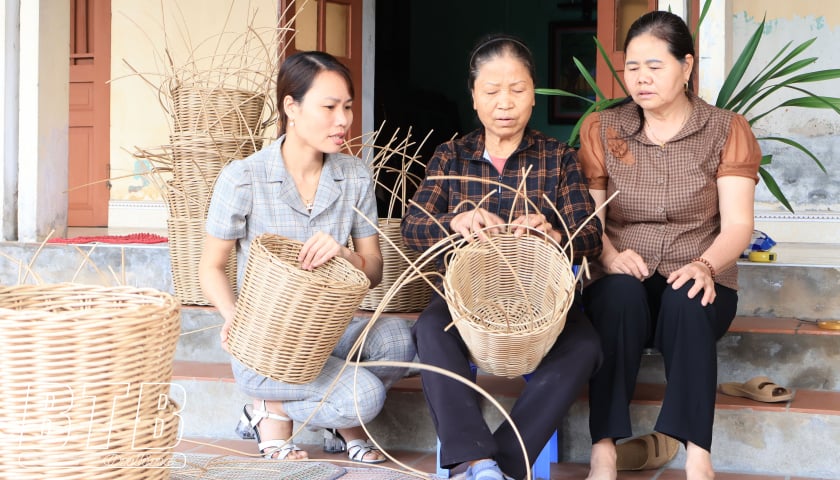
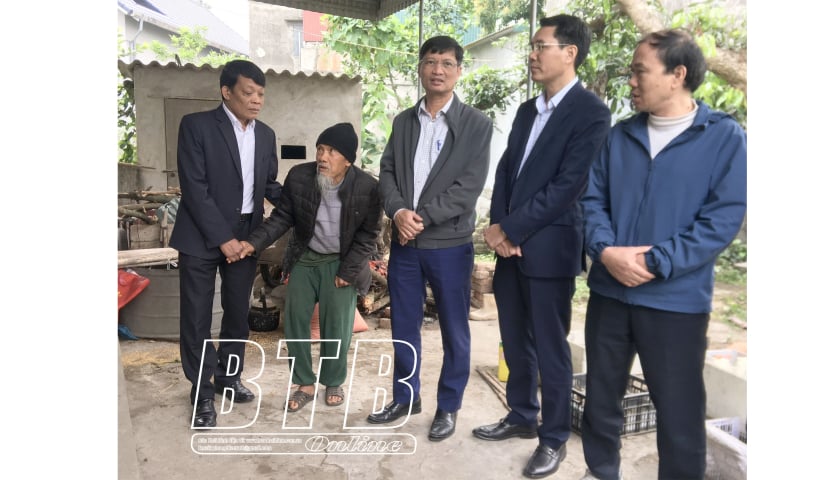
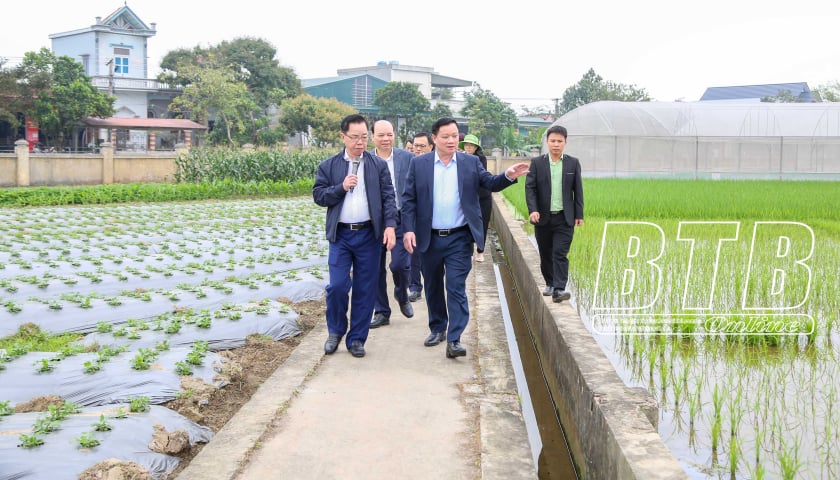












































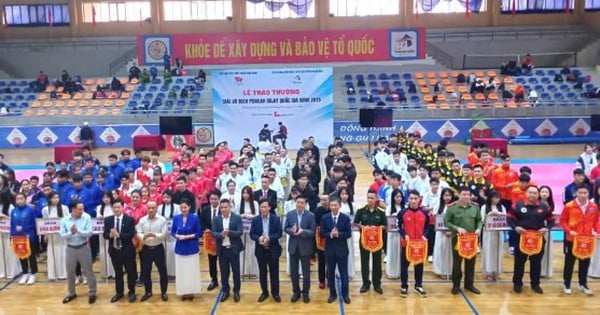
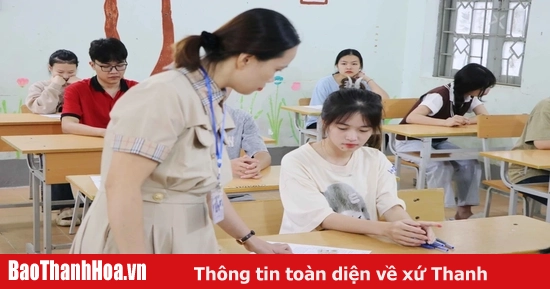
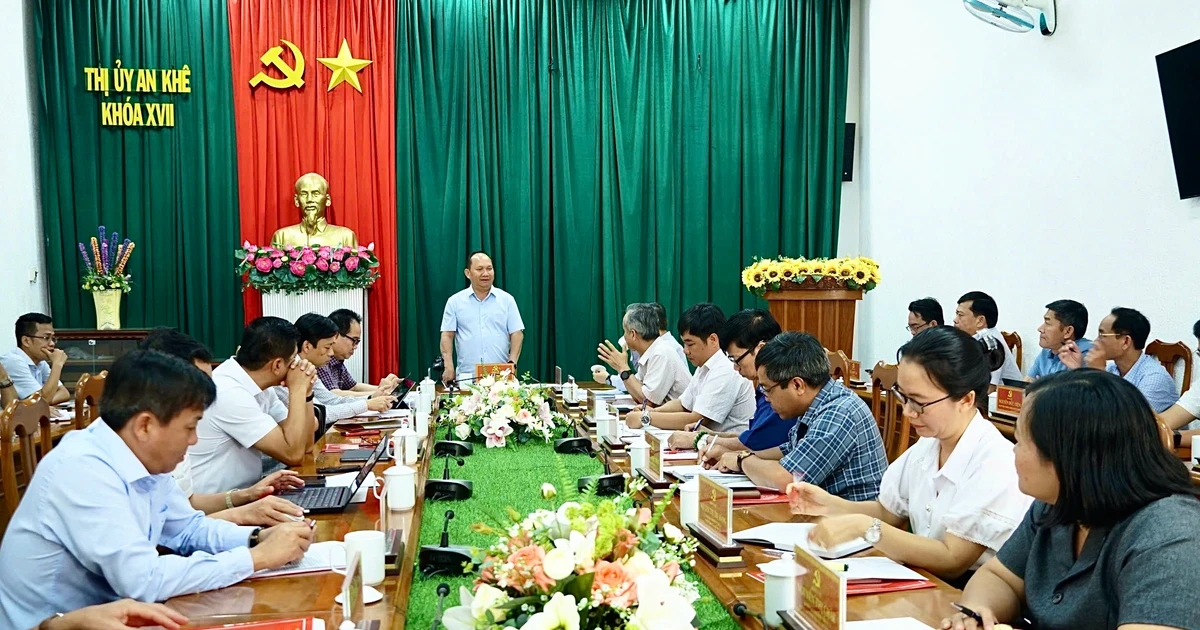


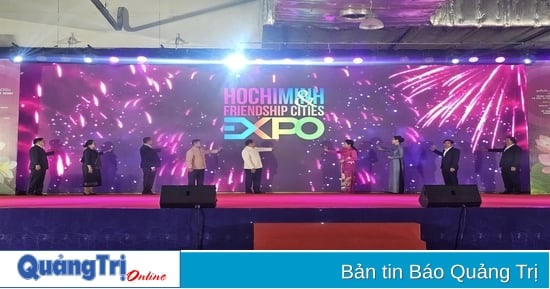
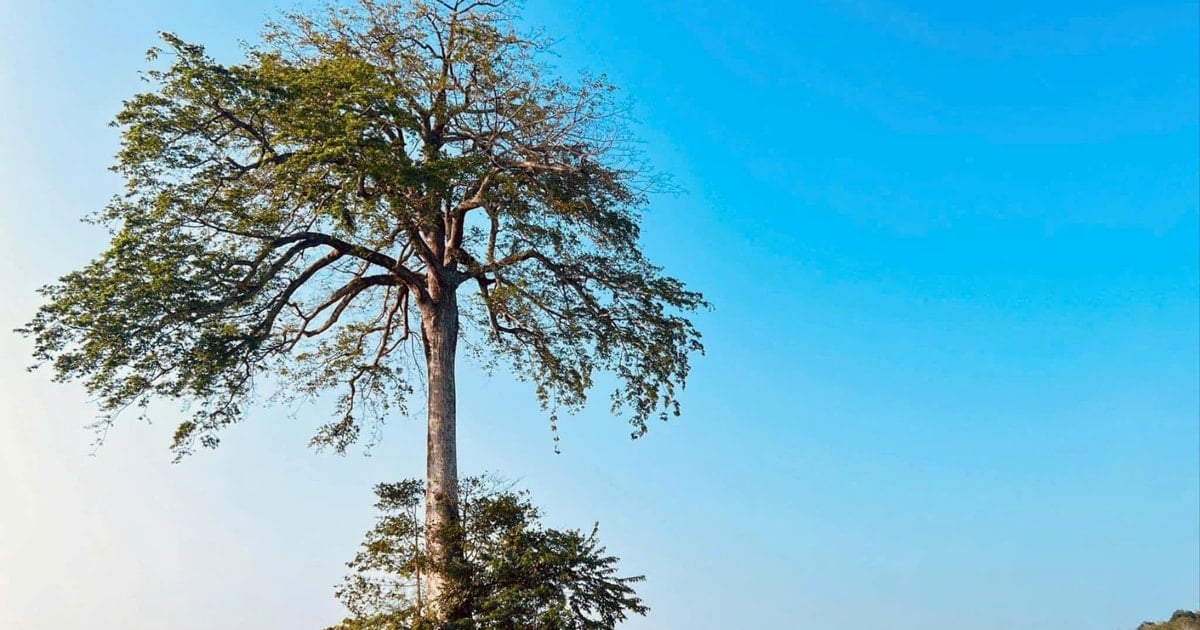

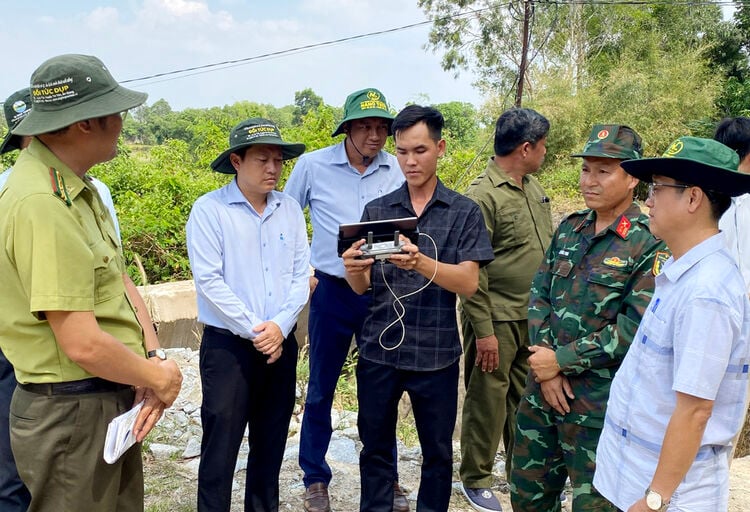












Comment (0)